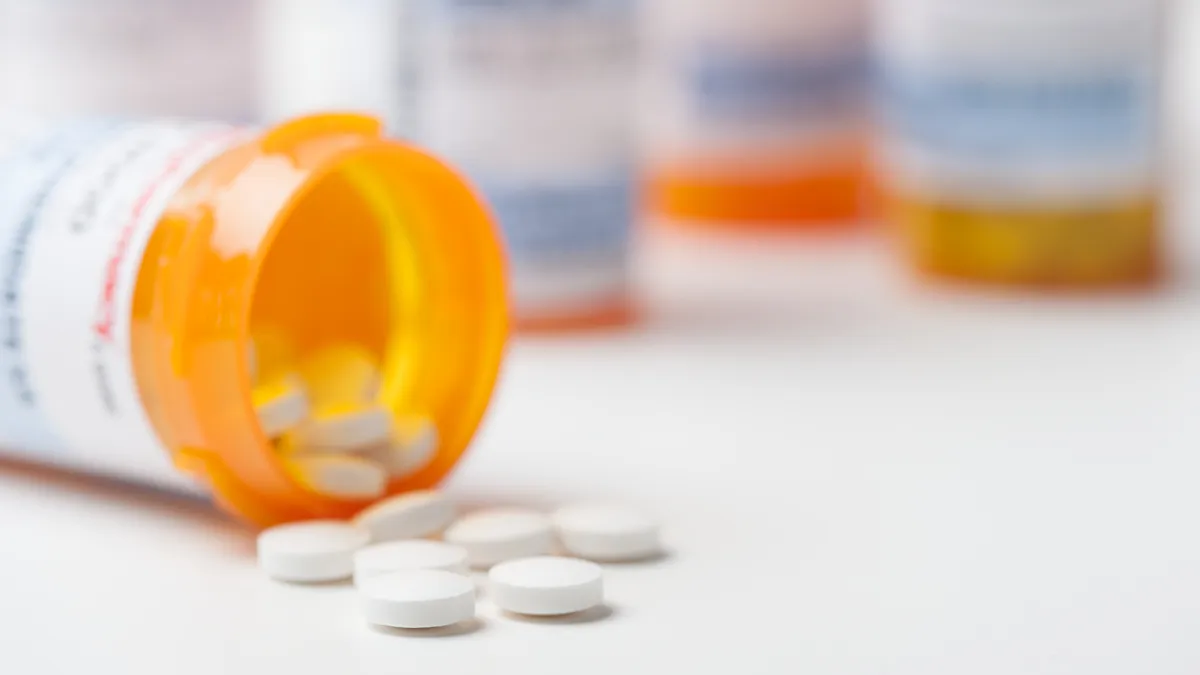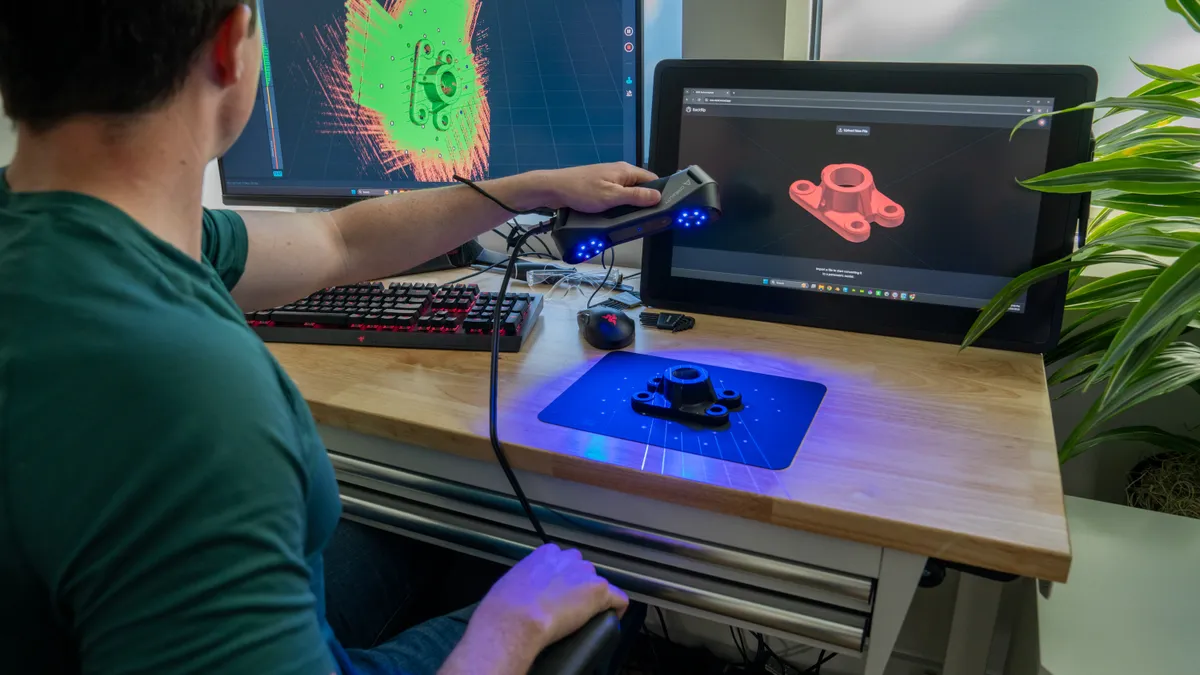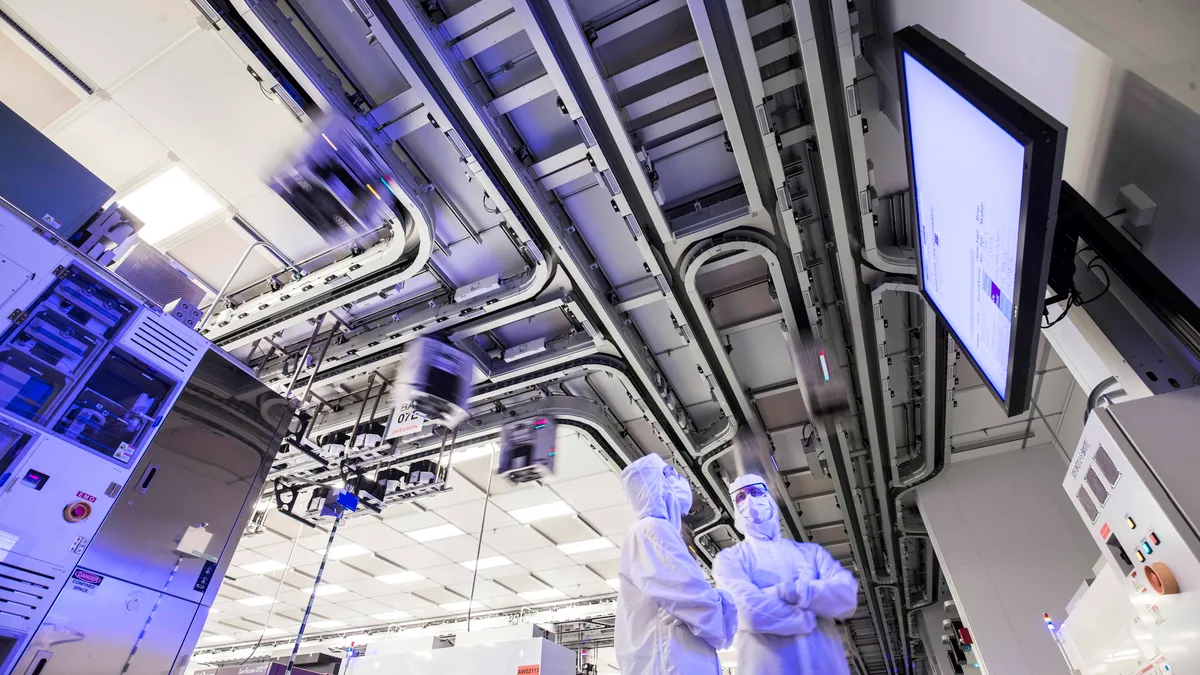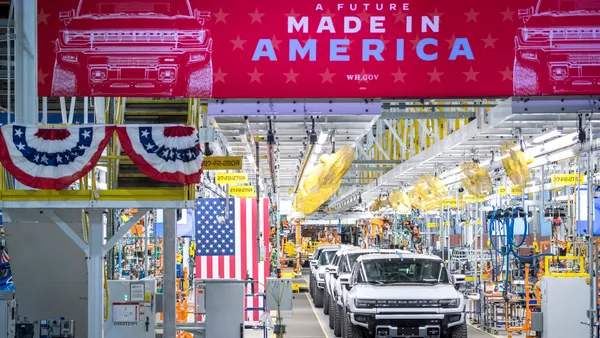India-based Sun Pharmaceutical is barred from selling drugs produced at its Mohali, Punjab, facility in the U.S. until it hires an independent manufacturing consultant to ensure product integrity at the site, the Food and Drug Administration ordered.
The major generic drugmaker must fulfill the FDA’s demands before the facility can release finished product batches into the U.S. for distribution, the agency said in compliance documents published earlier this month.
Sun halted U.S.-bound shipments from Mohali late last month, after the FDA downgraded the facility’s inspection status to non-compliance. The agency had flagged the facility for inadequate quality testing and record-keeping in a six-observation report sent to the drugmaker last summer.
The company must hire a current good manufacturing practice (CGMP) expert to carry out batch certifications for all drugs manufactured and tested at the facility that are intended for U.S. distribution, the FDA said. If the expert determines that any batch fails to meet the identity, strength, quality and purity it is intended to possess, they must provide the FDA with a written explanation for batch failure within 30 days.
“No drug from such batch may be introduced to the United States,” the agency said.
The CGMP consultant will also perform a retrospective review of all product batches that have been for sale or commercially distributed in the U.S. within 30 days of being retained, the agency added.
The process will continue for at least a year, after which the consultant will take on the role of “CGMP Auditor.” The FDA said the procedures will remain in place until it is “satisfied that the Mohali facility is operating in compliance with CGMP.”
Sun was issued a warning letter last December for similar issues at another India manufacturing facility in Halol, Gujarat. The manufacturer waited over five months to initiate a recall for a batch of medicines affected by quality control issues.
Sun’s Halol facility has been cited for a host of compliance issues over the years, which resulted in the FDA denying a new drug application for a product manufactured there in 2015.












